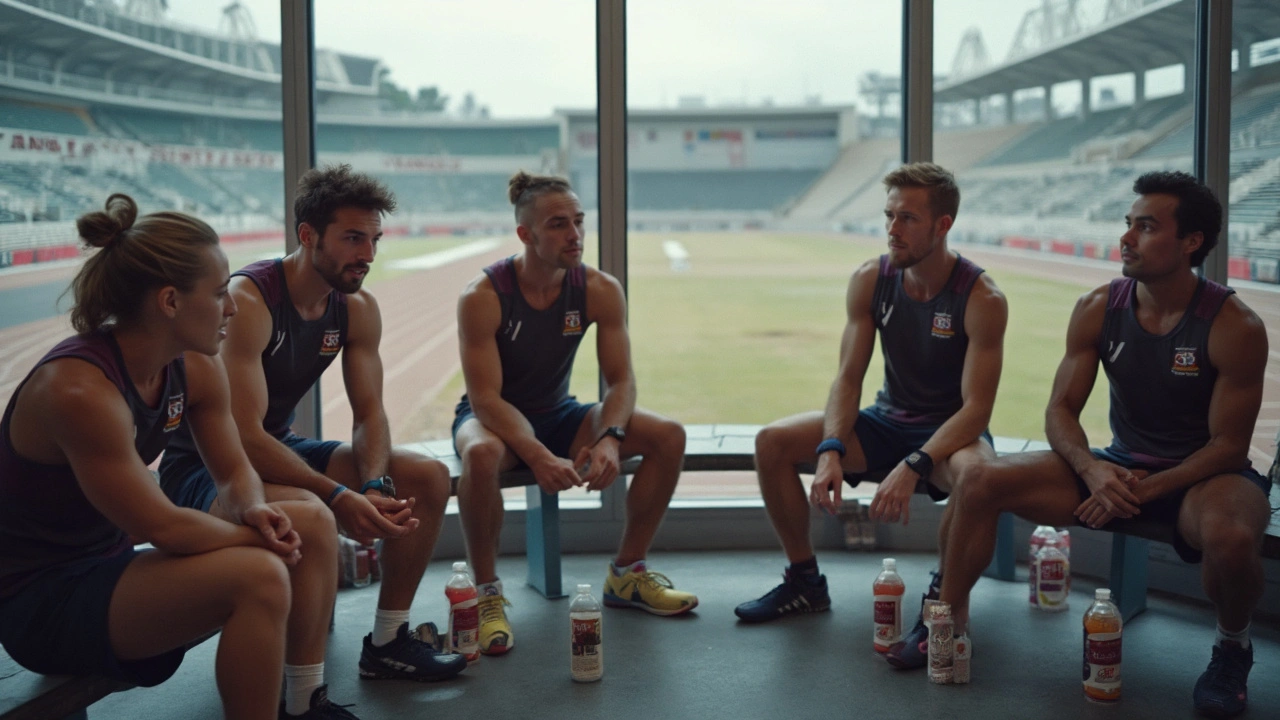Hydration: How to Keep Water and Electrolytes Working for You
You can lose 1–2% of your body weight in water during a short workout — and that small drop already hurts focus and performance. Hydration isn’t just sipping water; it’s about timing, electrolytes, and matching fluids to what your body is doing. Here’s a clear, usable plan you can use today.
Know the signs and target numbers
Thirst is late to the game. Watch for dark yellow urine, dry mouth, dizziness, headache, or lightheadedness — those are early dehydration signs. For a quick target: many adults do well on about 2 to 3 liters (about 8–12 cups) of fluid per day. If you sweat a lot, add 0.5–1 liter per hour of intense exercise. For a simple personal check, weigh yourself before and after exercise: each pound lost equals about 500 ml of fluid to replace.
Smart choices: what to drink and when
Plain water is the best daily choice. Add electrolytes when you sweat heavily, exercise over an hour, or have vomiting/diarrhea. Sports drinks work but can be high in sugar — try low-sugar electrolyte mixes or make your own: water, a pinch of salt, and a splash of fruit juice. Avoid drinking huge amounts fast; sip steadily. A glass when you wake up, with each meal, and between activities spreads your intake and keeps you steady.
For athletes: start hydrated. Drink 400–600 ml (13–20 oz) 2 hours before exercise, then 150–250 ml (5–8 oz) every 15–20 minutes during activity if possible. After exercise, replace lost weight within 2–4 hours using water plus electrolytes. If you get muscle cramps often, consider electrolyte replacement rather than just more water.
For kids and infants: never give sports drinks to infants. Use breastmilk, formula, or small sips of oral rehydration solution (ORS) for babies with mild dehydration. For older kids, plain water plus a balanced meal usually works; use ORS for vomiting or diarrhea.
For older adults: age reduces thirst sensation. Make drinking a habit: a glass on the hour or set phone reminders. If you’re on diuretics, blood pressure meds, or have heart/kidney issues, talk to your doctor about exact fluid targets — sometimes limits are needed.
Practical tips that help: carry a refillable bottle, add flavor with lemon or cucumber, track urine color, and link drinking to routines (after bathroom breaks, before meetings). Skip alcohol when you need good hydration — it causes fluid loss. And if you feel dizzy, weak, or confused, seek medical help — severe dehydration can be dangerous.
Hydration is simple but personal. Use the rules above, adjust for heat and activity, and check how you feel. Small, steady habits beat huge, rare gulps every time.
Constipation in Athletes: Causes, Prevention, and Treatment Strategies
Constipation can sneak up on athletes and mess with everything from performance to recovery. This article looks at why exercise doesn't always mean perfect digestion, what triggers gut trouble for people who train hard, and how to spot the problem early. You'll find practical prevention tips and real fixes—because nobody wants a sluggish gut before game time. Get ready for honest talk about what works and what just makes things worse.
read more